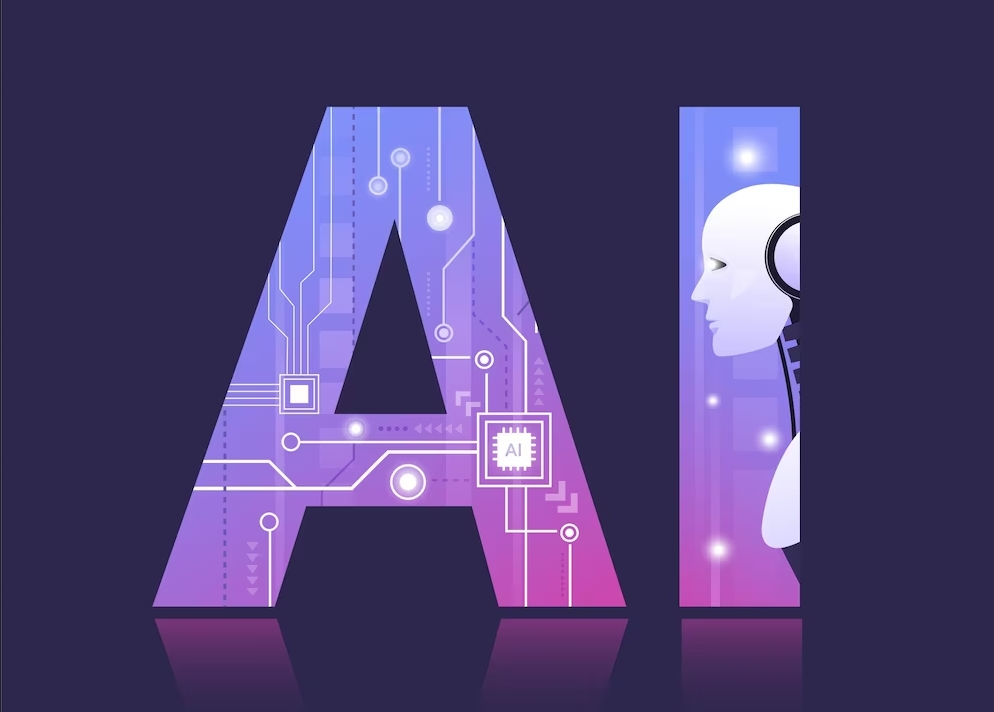Table of Contents
Introduction
As you may know, AI dominance is a term used to describe the current state of affairs in which artificial intelligence (AI) has become so advanced that it can perform tasks better than humans. This includes everything from completing simple tasks like sorting mail or driving cars, to complex ones like writing articles or performing surgery. In fact, there’s even an entire field of study called “AI ethics” dedicated solely to ensuring that AI doesn’t get out of hand–or at least doesn’t do anything too unethical!
A lot of people are worried about this trend because they think it will lead us down a dark path where machines take over mankind completely; however, others see it as an opportunity for growth and development as we learn how best to utilize our new technologies responsibly while still respecting human rights and liberties at all times regardless whether they’re living beings or not.”
Company 1: OpenAI
OpenAI is a non-profit artificial intelligence research company founded by Elon Musk, Sam Altman and others in 2015. The company’s mission is to advance digital intelligence in the way that is most likely to benefit humanity as a whole, without any financial gain for its founders or employees.
OpenAI’s main focus has been on developing general-purpose AI systems that can perform any intellectual task that a human being can. It has also made significant contributions towards advancing deep learning techniques such as reinforcement learning (RL) and transfer learning (TL).
Company 2: DeepMind
DeepMind is a London-based AI company that was acquired by Google in 2014. It offers artificial intelligence services and products, including machine learning algorithms and cloud computing solutions. The company’s products include AlphaGo (an AI system that plays Go), Streams (a tool for analyzing data streams) and Medical Brain (a medical imaging analysis tool).
Google uses DeepMind’s technology to improve its search results, Gmail spam filters and other services. The company also collaborates with other organizations on projects such as developing an algorithm capable of detecting diabetic retinopathy from photographs taken by smartphones or creating an API that enables third parties to access its data analytics platform
Company 3: NVIDIA
NVIDIA is a leading provider of graphics processing units (GPUs) and other technologies that power the AI revolution. The company has been around since 1993 and has grown to become one of the largest GPU manufacturers in the world, with more than 8,000 employees worldwide.
NVIDIA’s GPUs are used in numerous applications ranging from gaming to autonomous vehicles to data centers–and now AI as well. In fact, NVIDIA recently released its new Volta architecture which is specifically designed for deep learning applications such as neural networks and machine learning algorithms.
In addition to developing hardware solutions for AI applications like self-driving cars or robotics platforms, NVIDIA also offers services such as GPU Cloud (GPC), an on-demand cloud service that provides access to preconfigured virtual machines with GPUs installed on them; DeepStream SDK which enables developers working on remote video surveillance systems using cameras equipped with computer vision capabilities; DriveWorks Suite which provides software development kits (SDKs) for carmakers who want their vehicles’ infotainment systems integrated into GPC’s infrastructure; Drive PX Pegasus platform which can be used by autonomous vehicle manufacturers looking for high performance computing solutions when developing Level 5 autonomous driving systems
Company 4: Baidu
Baidu is an internet search engine and technology company that offers a range of services, including AI-based voice assistant service DuerOS. The company was founded in 2000 and has offices across China, the United States and Japan.
In addition to its own products, Baidu also offers cloud computing services through its subsidiary iQiyi (which means “smart TV”). The platform allows users to stream videos online or download them for offline viewing later on devices like phones or tablets. It’s available in China as well as other countries around the world such as Japan and Korea where it competes directly with Netflix Inc., Amazon Prime Video Direct (a subscription service similar to Netflix) and Hulu Plus (another subscription service).
Company 5: H2O.ai
H2O.ai is a data science platform that helps organizations make better decisions by leveraging artificial intelligence (AI). It was founded in 2011 and has offices in San Francisco and New York City. The company offers two services: H2O and H2O XG, which are used to build machine learning applications for predictive analytics, natural language processing (NLP), recommendation engines, etc.
H2O XG is an enterprise-grade version of H2O that includes additional features such as multi-threading support and scalability options for large datasets. It also comes with a prebuilt library of algorithms so users don’t have to develop their own models from scratch when building new applications or improving existing ones
Conclusion
The AI landscape is changing rapidly. The companies that are competing for dominance in this space are all unique, but they share a common goal: to make AI accessible and useful for everyone. As we’ve seen, some of these companies have taken different approaches to their products and services; others have focused on providing tools that allow users to build their own applications from scratch.
Regardless of how you choose to use AI technology or which company you decide to partner with, there’s no denying that the future looks bright for anyone who wants an edge over their competitors by leveraging this technology today!

